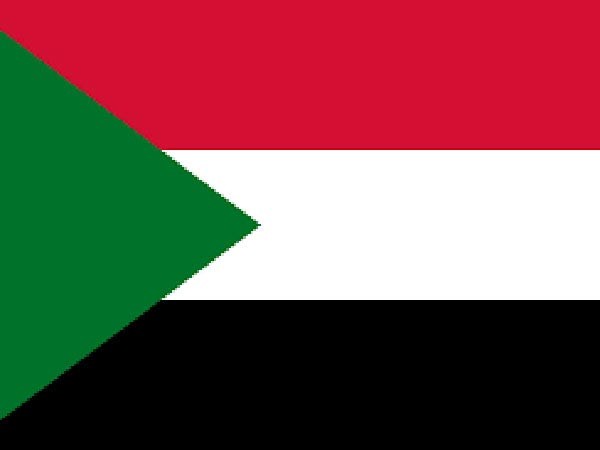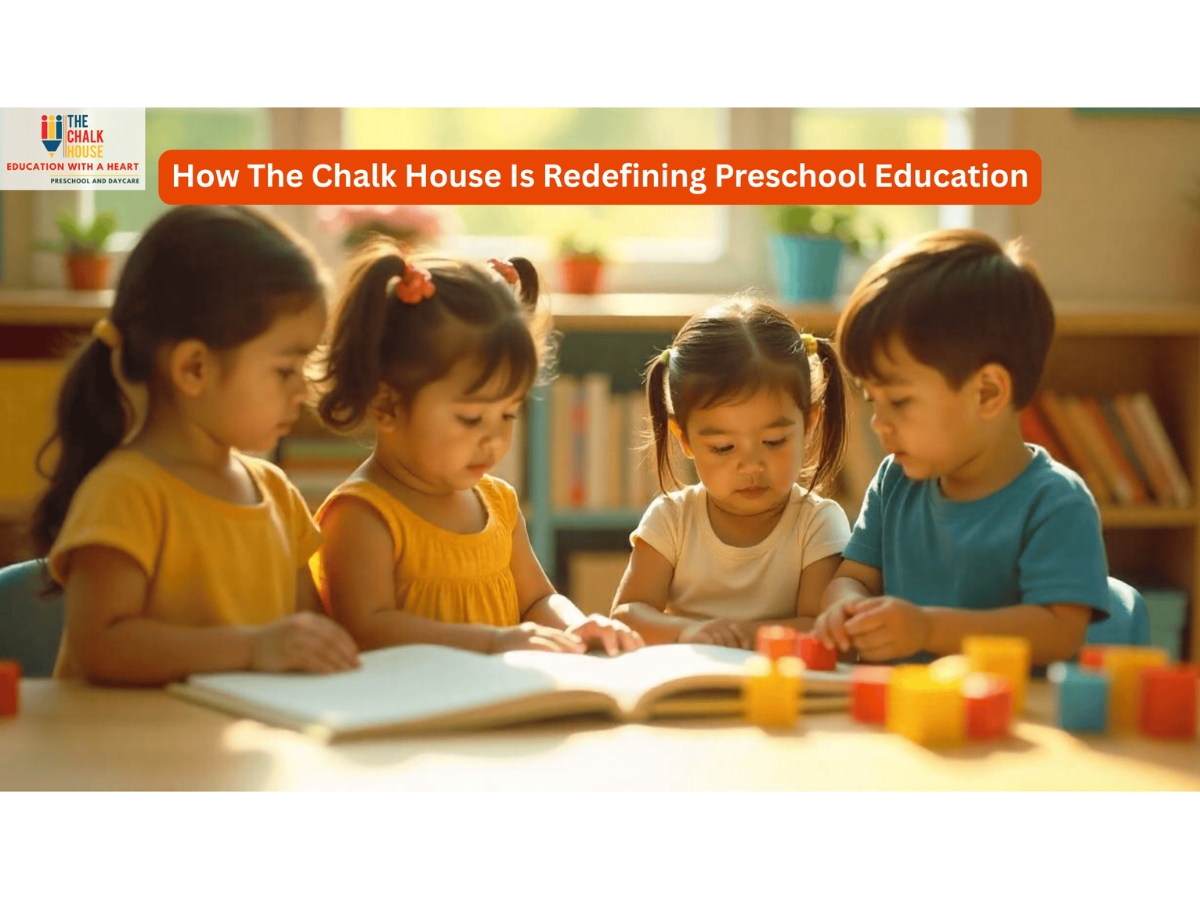Feature: After war destroys his home, family, Sudanese poet refuses to lay down his pen
Jun 21, 2025
Khartoum [Sudan], June 21: Abdel Wahhab Halawi had imagined his return to Khartoum for so long that, when it finally happened, it felt almost unreal.
More than two years after the war had driven him from his home in the Al-Halfaya neighborhood, the Sudanese poet stepped once again into the house that had once been a sanctuary of words, memories, and quiet labor. What he found was not home, but a husk.
The signs of destruction were everywhere. The trees he had nurtured for decades stood withered and skeletal. Shards of his furniture lay scattered, his wardrobe had been stripped and burned for firewood. "Returning home was like reliving the tragedy I went through," he told Xinhua. "Every detail I saw was a slap in the face, a painful reminder of what happened."
Yet amid the visible wreckage, it was the absence of his library that cut deepest. More than 40 years of work -- poems performed by Sudan's greatest singers, rare manuscripts, family photographs, irreplaceable clippings that mapped his creative path -- had been reduced to ash.
"They didn't just burn my poetry," he said. "They burned memories. They burned everything that made this house a home. They left me nothing, except my heart, my faith, and my hope for what lies ahead."
The war's cruelties had not been limited to his possessions. During a perilous escape through the desert toward Egypt, his wife, his lifelong companion, died and was buried in Aswan, southern Egypt, far from the land she loved. "I lost my wife because of this war," Halawi said, unwilling to elaborate on the ordeal. "She now rests far away from home."
Yet even as war unraveled his world, Halawi remains committed to his craft. Poetry, for him, has become both refuge and resistance.
"I stand firm in rejecting this war," he said. "Poetry can't stop it, but it can confront its ugliness. We must awaken public consciousness."
In his solitude, the poet said he continues to write songs of life, of hope, of what Sudan might still become. "A poet must wear a bulletproof vest to write about the wounds of the homeland, the people's dreams, and their right to live," he said. "We won't lay down our pens."
The brutal civil war, now in its third year, has taken a heavy toll on Sudan's artistic community. Displacement, exile, and death have thinned its ranks. Halawi spoke in hushed tones of the loss of at least 15 poets, musicians, and artists he once knew.
Poet Al-Sadiq Elias died after an illness worsened by a lack of treatment. Hashim Siddiq, one of Sudan's most beloved poets, died after weeks trapped in Omdurman, his evacuation by horse-drawn cart becoming a haunting symbol within artistic circles. "It's hard to create when you fear for your life and your family's safety," Halawi said.
He described war as "a monster that feeds on death and erases all that is human." Its toll, he warned, is not limited to the battlefield. "Some reject it, others still support it," he reflected. "But as writers, we must say clearly -- war's thirst for blood never ends, and its suffering spares no one."
Source: Xinhua News Agency








